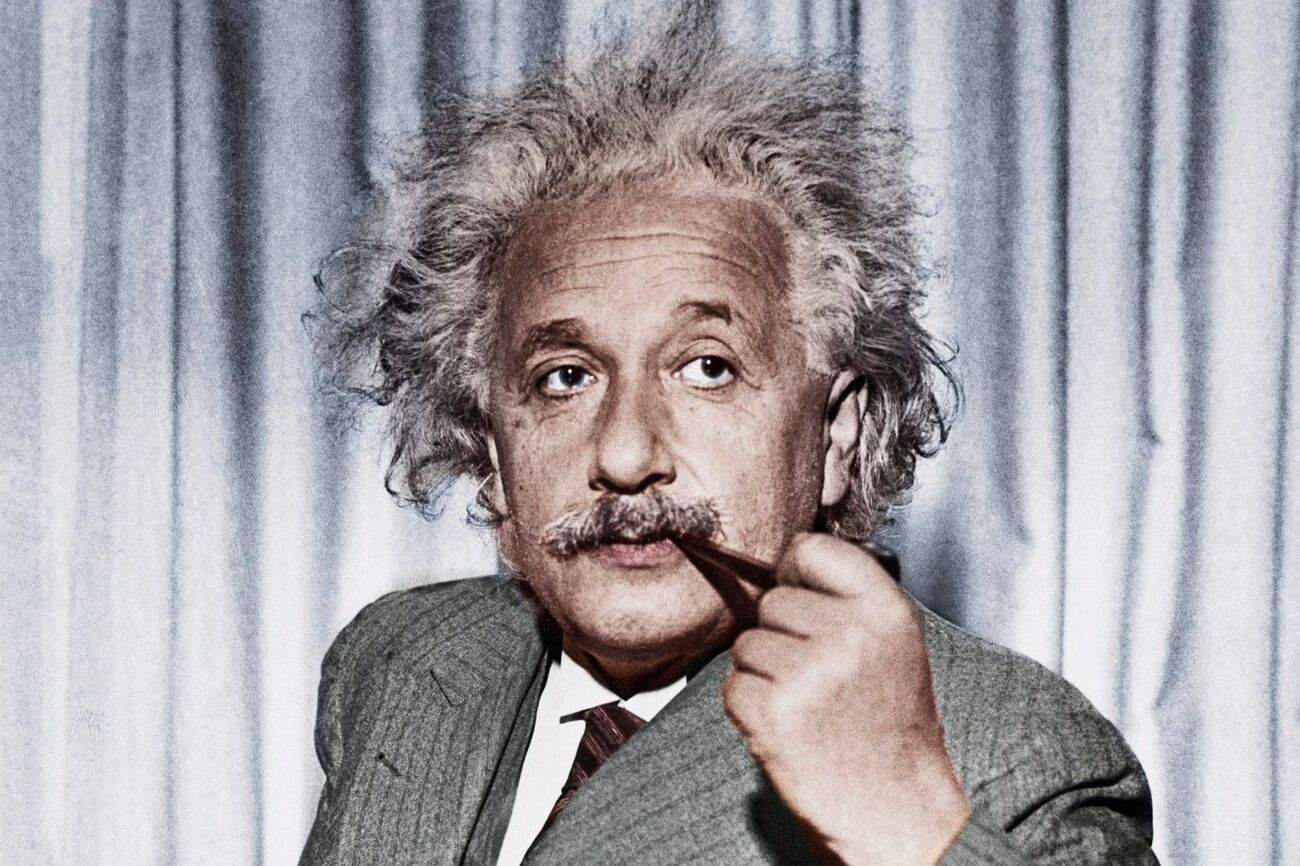
Who holds the highest IQ in the world? This question sparks curiosity and amazement. IQ, or Intelligence Quotient, measures a person's cognitive abilities compared to the average population. The highest recorded IQ belongs to Marilyn vos Savant, with a score of 228. Born in 1946, she became famous for her intelligence and even wrote a column in Parade magazine, answering complex questions from readers. But what does having such a high IQ mean? Does it guarantee success, happiness, or a problem-free life? Let's dive into 30 intriguing facts about the highest IQ ever recorded and what it means for those who possess such extraordinary minds.
What is IQ?
IQ, or Intelligence Quotient, measures a person's cognitive abilities compared to the average population. It’s a score derived from standardized tests designed to assess human intelligence.
- The term "IQ" was coined by German psychologist William Stern in 1912.
- IQ tests typically measure various cognitive skills, including memory, reasoning, and problem-solving.
- The average IQ score is set at 100, with most people scoring between 85 and 115.
The Highest IQ Ever Recorded
Some individuals have achieved extraordinarily high IQ scores, setting them apart as some of the smartest people in history.
- William James Sidis, an American child prodigy, had an estimated IQ between 250 and 300.
- Marilyn vos Savant, listed in the Guinness Book of World Records, has an IQ of 228.
- Terence Tao, a mathematician, has an IQ score of 230.
Famous High IQ Individuals
Many well-known figures throughout history have had exceptionally high IQs, contributing significantly to their fields.
- Albert Einstein, though never officially tested, is estimated to have had an IQ of around 160.
- Stephen Hawking, the renowned physicist, had an IQ of 160.
- Leonardo da Vinci, the Renaissance polymath, is estimated to have had an IQ of around 180 to 190.
Modern High IQ Societies
High IQ societies bring together individuals with exceptional cognitive abilities, fostering intellectual exchange and collaboration.
- Mensa, the largest and oldest high IQ society, requires members to score in the top 2% of the population.
- The Triple Nine Society admits individuals with an IQ in the 99.9th percentile.
- The Prometheus Society has one of the highest entry requirements, accepting only those with an IQ in the 99.997th percentile.
IQ and Genetics
The role of genetics in determining IQ has been a subject of extensive research and debate.
- Studies suggest that genetics account for about 50% to 80% of an individual's IQ.
- Environmental factors, such as education and upbringing, also play a significant role in shaping IQ.
- Twin studies have shown that identical twins tend to have more similar IQ scores than fraternal twins.
IQ Tests and Their Evolution
IQ tests have evolved significantly since their inception, adapting to better measure human intelligence.
- The first modern IQ test was developed by Alfred Binet and Théodore Simon in 1905.
- The Stanford-Binet Intelligence Scale, an adaptation of Binet's test, is one of the most widely used IQ tests today.
- The Wechsler Adult Intelligence Scale (WAIS) is another popular test, designed to measure adult intelligence.
Controversies Surrounding IQ
IQ testing and its implications have sparked numerous debates and controversies over the years.
- Critics argue that IQ tests can be culturally biased, favoring certain groups over others.
- Some researchers believe that IQ tests do not capture the full spectrum of human intelligence.
- The use of IQ scores in educational and occupational settings has been criticized for potentially reinforcing social inequalities.
The Impact of High IQ on Life
Having a high IQ can influence various aspects of an individual's life, from career success to personal relationships.
- Studies have shown that individuals with higher IQs tend to perform better academically and professionally.
- High IQ individuals often excel in problem-solving and critical thinking tasks.
- However, having a high IQ does not guarantee success or happiness in life.
The Future of IQ Testing
As our understanding of intelligence evolves, so too will the methods used to measure it.
- Advances in neuroscience may lead to more accurate and comprehensive assessments of intelligence.
- Artificial intelligence and machine learning could play a role in developing new IQ testing methodologies.
- Future IQ tests may place greater emphasis on emotional intelligence and creativity.
Fun Facts About IQ
IQ and intelligence have always fascinated people, leading to some interesting and quirky facts.
- The Flynn Effect describes the phenomenon of rising IQ scores over the past century.
- Some studies suggest that playing musical instruments can boost IQ.
- People who engage in regular physical exercise tend to have higher IQ scores.
The Fascinating World of High IQs
High IQs have always intrigued people. From child prodigies to genius inventors, those with exceptional intelligence leave a lasting impact. Understanding the highest IQs helps us appreciate the vast potential of the human mind. It also reminds us that intelligence comes in many forms, not just academic achievements.
IQ scores can open doors to opportunities, but they don't define a person's worth. Emotional intelligence, creativity, and perseverance are equally important. Celebrating diverse talents ensures a more inclusive society.
Learning about high IQs can inspire us to nurture our own abilities and those of others. Encouraging curiosity, critical thinking, and lifelong learning benefits everyone. So, let's continue exploring the wonders of the mind and supporting each other's growth. The journey of understanding intelligence is never-ending, and there's always more to discover.
Was this page helpful?
Our commitment to delivering trustworthy and engaging content is at the heart of what we do. Each fact on our site is contributed by real users like you, bringing a wealth of diverse insights and information. To ensure the highest standards of accuracy and reliability, our dedicated editors meticulously review each submission. This process guarantees that the facts we share are not only fascinating but also credible. Trust in our commitment to quality and authenticity as you explore and learn with us.


